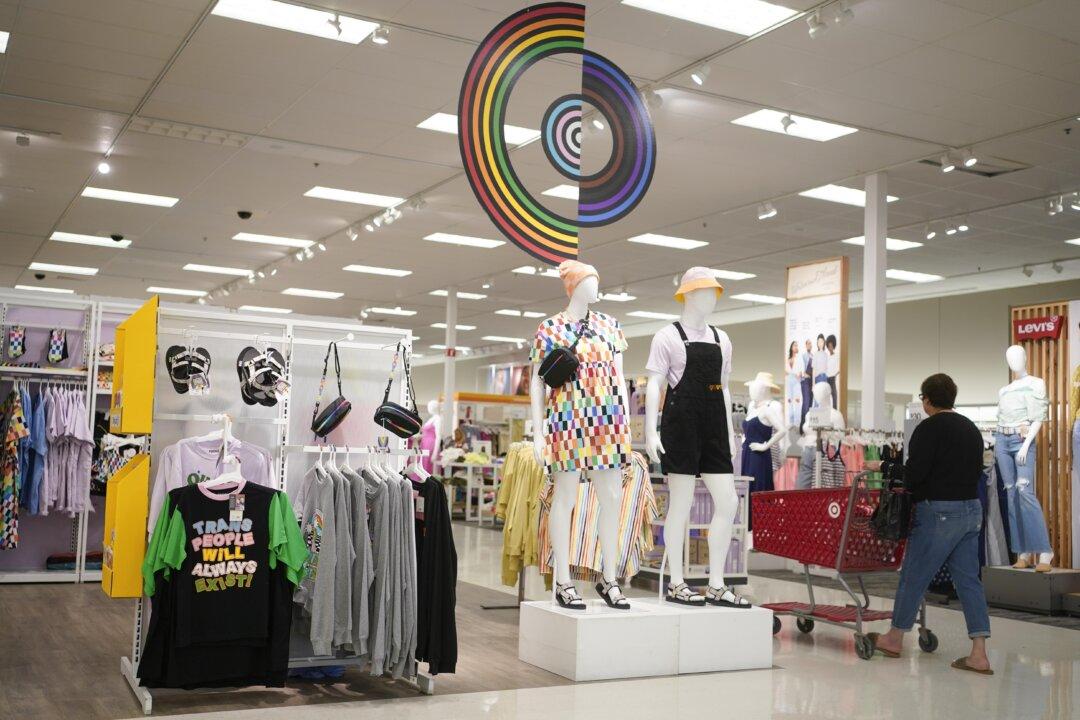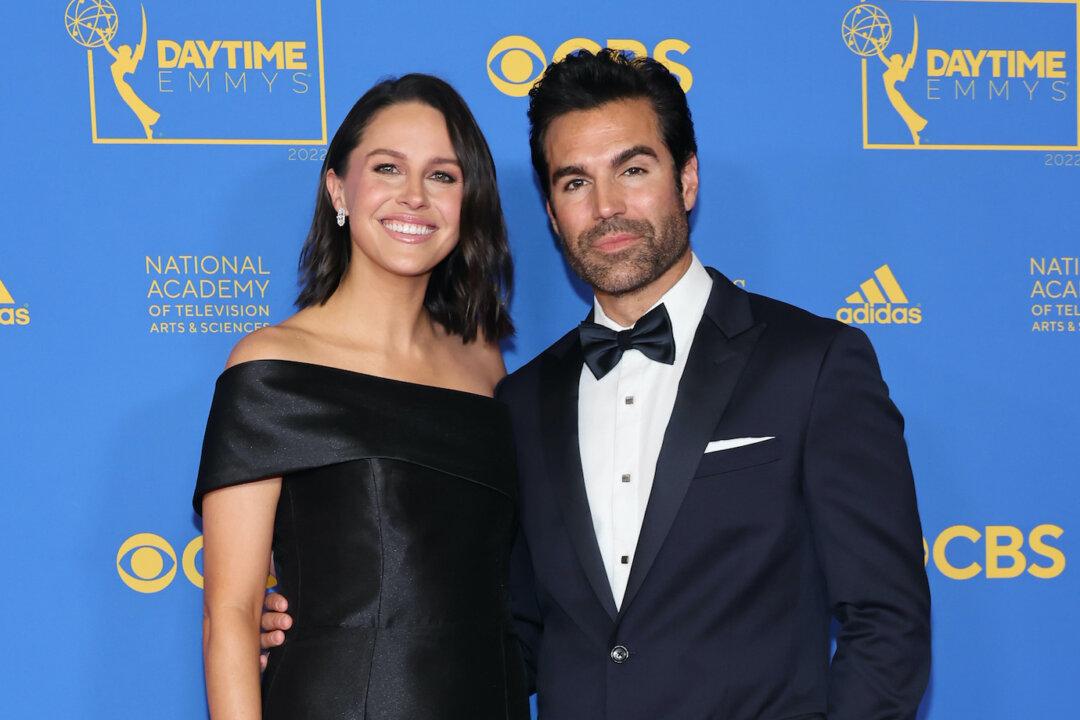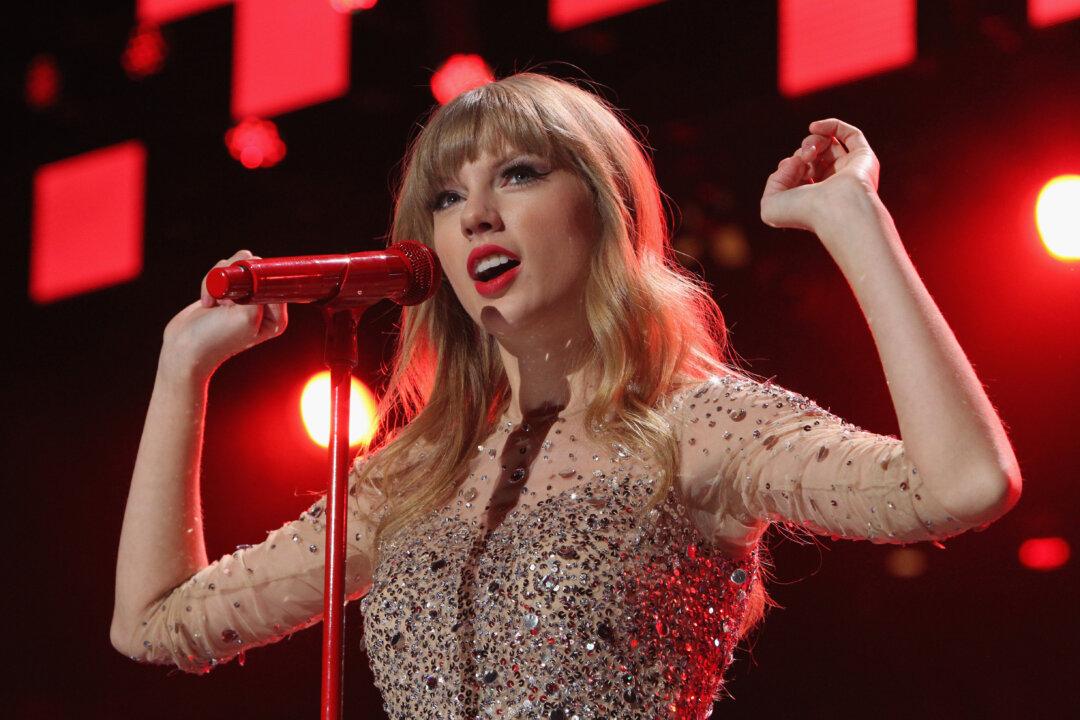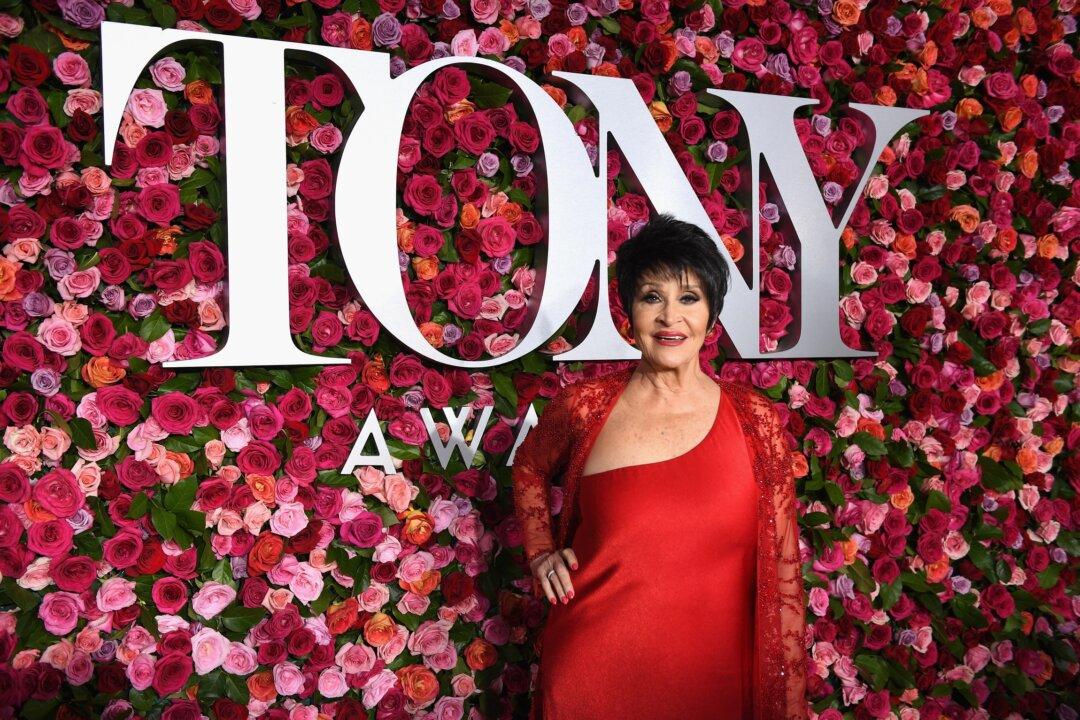Despite conservative rapper Forgiato Blow’s song Boycott Target topping the music charts in the wake of the retail chain’s promotion of gay pride-themed children’s apparel, the artist said he’s faced longtime censorship that has cost him millions in career earnings.
Blow’s track landed number one on Apple’s iTunes charts last week above other songs from chart-topping artists like Taylor Swift and Luke Combs and also took the top spot on Billboard’s rap digital song sales. The staunch Trump supporter told The Epoch Times he’s been banned from social media sites Facebook, Instagram, and YouTube because of his outspoken support for the former president.





